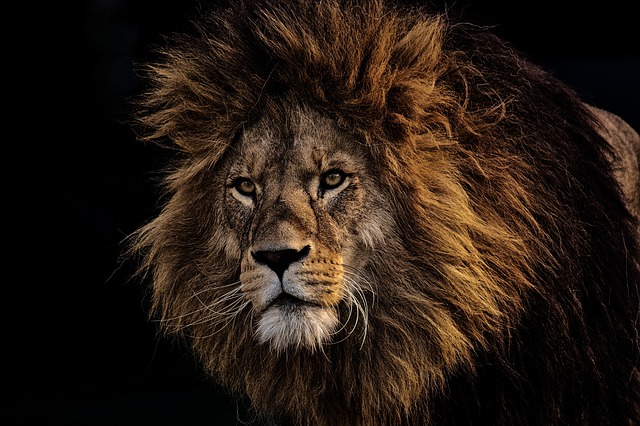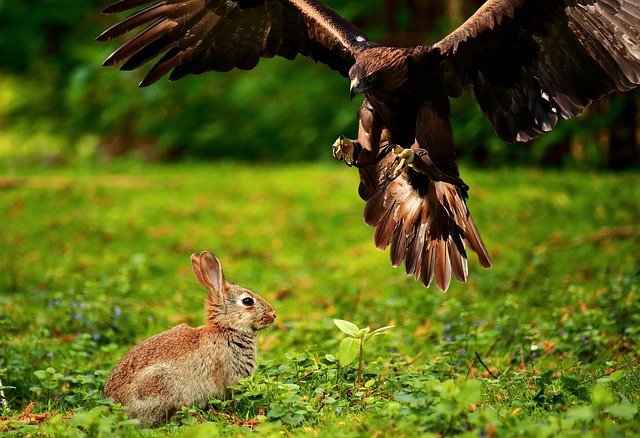
A predator kills other species to get food.
Predator is an adjective that is used to describe the animal that hunts other species to obtain its food . In this way, a biological interaction known as predation develops.
In predation, the predator (also called predator ) is the species that chases and kills prey to eat it. It is important to note that an animal that, in a certain biological interaction, occupies the role of predator, can simultaneously be the prey of another species.
Take the case of the sea lion or sea lion . This animal is a predator of penguins and fish but, at the same time, is prey to orcas. This means that, in its biological interaction with penguins and fish, it plays the role of predator, while in its interaction with killer whales it assumes the opposite role (it is the prey of the killer whale, which is its predator).
Relationship between predator and prey
Although in the bond between predator and prey there is clearly a harmed species, the truth is that this relationship is necessary for both. The action of predators keeps the number of individuals of the species that serves as prey stable and under control, allowing balance to be maintained in the ecosystem .
If, for some unnatural reason, a predator disappears, the number of prey individuals will multiply and the ecosystem in question will suffer various disorders that, ultimately, can affect the very existence of the prey.

An animal can be a predator of one species and, in turn, prey of another.
The role of the human being
It should be noted that humans are usually considered the main predator of nature, since they feed and obtain energy from a large number of species. However, this particular case differs from the rest; According to many scholars of the subject, human beings are not omnivorous, as is usually indicated, but should feed exclusively on vegetables. One of the most obvious proofs of this statement is the lack of natural weapons we have to hunt.
Human beings were never a predator on a par with tigers or orcas; On the contrary, only when he betrayed the rest of the species through the manufacture of artificial weapons was he able to confront them and begin to feed on meat that he himself hunted. It doesn't take a deep analysis to understand that the relationship that lions and zebras have is very different from the one that people have with cows, pigs, fish and chickens.
Etymology of the term predator
Regarding the etymology of the word predator, we can identify two components: the Latin term praeda , which means " prey " and is related to the verb praehendo , whose translation is "grab" or "take and from which we learned , surprised and turn on ; the suffix -dor , which indicates the agent (the subject performing the action of the verb) and is also found in navigator , legislator , and gladiator .
On the other hand, it is common to encounter the following doubt: which term is correct, "predator" or "predator"? According to the RAE dictionary, both are. However, this does not mean that their definitions are exactly the same. First of all, "predator" is defined as someone who plunders or an animal that kills others of a different species to feed on them , while "predator" is simply someone who preys . The definition of the verb "prey", for its part, speaks of looting or robbing causing destruction and violence , while "preying" is defined as capturing, stealing or looting .
In short, both terms can be used interchangeably, so it is up to the speaker to choose one or the other according to their needs and preferences, something that also happens with words like "Olympics", "period" and "September", and their respective alternatives "Olympics", "period" and "September".
